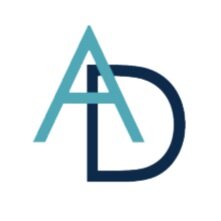Brand Humor: The Benefit of April Fools’ Day Brand Pranks
Image Courtesy: Candy Crush Saga
April Fools’ Day offers brands an opportunity to create clever jokes and pranks for their customers. It is the time of the year that brands get to showcase their personality and humor, while creating buzz and generate awareness for their company.
April Fools’ Day allows brands to be humorous and target consumers they usually would not reach through regular branding. For example, Candy Crush Saga, a matching video game, attempted to reach a new audience demographic with their jokes this year. The company announced on its social media that Candy Crush Saga would be introducing a gothcore, black and white edition. The announcement received 3,000 views on Twitter and opened Candy Crush Saga to a new goth audience.
Image Courtesy: Duolingo
One of the most notable April Fools’ brand pranks was Duolingo’s emoji lessons. As a language learning app, Duolingo introduced a new feature that helps users to learn and utilize emojis. This creative prank created social media buzz as users actively retweeted the announcement of the emoji courses feature. Echoing its humorous brand personality, Duolingo continued its emoji courses even after April Fools’ Day. Like Duolingo, brands can also use April Fools as an opportunity to release new features, flavors, or product lines.
Image Courtesy: Novelty Street
However, April Fools’ Day pranks have the possibility of going wrong. In 2017, Lucid Mattress had its consumers test a mattress while being wrapped and bear-hugged by a big furry arm representing Harambe, a gorilla that was shot earlier the same year. Though the gorilla was a trending meme, many people felt the campaign was out of line.
When well-utilized, brand jokes can be a fun and effective way for brands to engage with their audiences and promote themselves lightheartedly. April Fools’ Day is the time brands may use to generate buzz and reach broader audiences. However, to stir away from controversies, brands should be considerate of their target audience when promoting April Fools’ pranks.
Shuo Wang




